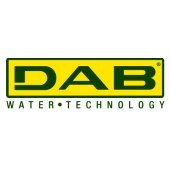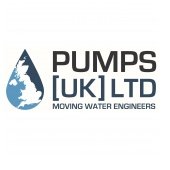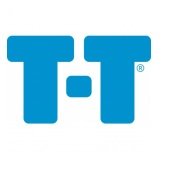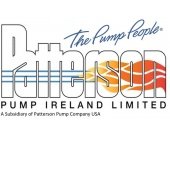A straightforward solution to a complex problem

Pushing older equipment to meet an increased duty requirement can sometimes create reliability issues down the line. However, achieving this by sourcing newer replacements can be costly and prohibitively time consuming. To avoid either outcome, one of the largest oil refineries on the island of Java, Indonesia, relied on the specialist knowledge of Sulzer to refurbish and modernise eight diesel pumps.
Recently, the refinery in Java has undergone a long-term, facility-wide upgrade project designed to maximise production capacity and meet the future energy demands of Indonesia. The targeted overhaul program helped the equipment attain a new operating point, providing a 50% cost saving compared to purchasing new units and a five-month reduction in the overall lead time. As part of this initiative, the equipment identified for modernisation included eight diesel pumps used to transfer fuel from the refinery. The pumps used six diesel drives and two steam turbines for power. One of the assets dated from 1975, and no documentation was available on site for any of the units.
As a result, operators were unsure how to improve the performance of the pumps to meet the increased fuel demand while safeguarding reliability. Consequently, the engineering contractor approached a number of pump specialists to see how a new duty point could be effectively achieved.
Finding a service provider who can work effectively with older equipment is often challenging. However, after a rigorous tender process, the contractor selected Sulzer.
LOCAL EXPERTISE WITH GLOBAL SUPPORT
Sulzer’s local service centre in Indonesia provided access to engineering services and the company’s wider global network. This worldwide support proved crucial in collating all the necessary information and expertise to deliver this project effectively.
To overcome the lack of documentation, the Indonesian team contacted Sulzer Pumps UK. The UK team was able to source all the documentation and data for the diesel pumps installed at the refinery.
With this information, the team in Indonesia then collaborated with the Sulzer Pumps engineering team in the USA. Building upon this, the USA team also delivered additional training to the customer’s team.
Throughout the project, the Singapore service centre acted as a central hub for all the teams to organise their findings and recommendations. After the close international collaboration, it was clear that the new duty point could be met without any modifications to the pumps.
GEARING UP
Rather than modifying the pumps, new gearboxes would be used to increase the speed of the pumps to reach the new process requirements, which could be achieved well within the performance envelope of the units.
Armed with this information and a plan of action, Sulzer Indonesia carried out detailed inspections of the units. The team then conducted a full refurbishment of the eight pumps, bringing them back to as-new standard. New skid frames were fitted with efficient electric motors connected to gearboxes to deliver the desired speed increase, replacing the old diesel drives and steam turbines. To ensure a complete drivetrain package, Sulzer also installed new couplings and lube oil systems. The rebuilt skids were a plug-and-play solution, allowing simple reconnection with existing refinery pipework, unlocking a quick installation and minimising time on site. This approach not only ensured a reduced lead time on the project, but also meant the retrofit could be carried out at 50% of the cost of sourcing new pumps. Furthermore, the retrofit offered a time saving of five months compared to delivering replacement units. No modifications to the pumps themselves also allowed easy plug-and-play reintegration into the surrounding process equipment back at the refinery once work was complete. What had initially been a complex problem was solved with a straightforward solution that saved time and costs.
MEETING DEMAND RELIABLY
Updating the drive technology for the pumps ensured that the new duty point was also met with increased efficiency. By using the operational data for the pumps, the complex new performance requirements could be met with speed-increasing gearboxes, with future system reliability assured.
Ultimately, a cost-effective and efficient solution was provided to the refinery, ensuring that it could deliver increased fuel supply while safeguarding availability. 
Back to Latest News



1.png&w=170&h=170)



3.png&w=170&h=170)


2.jpg&w=170&h=170)
